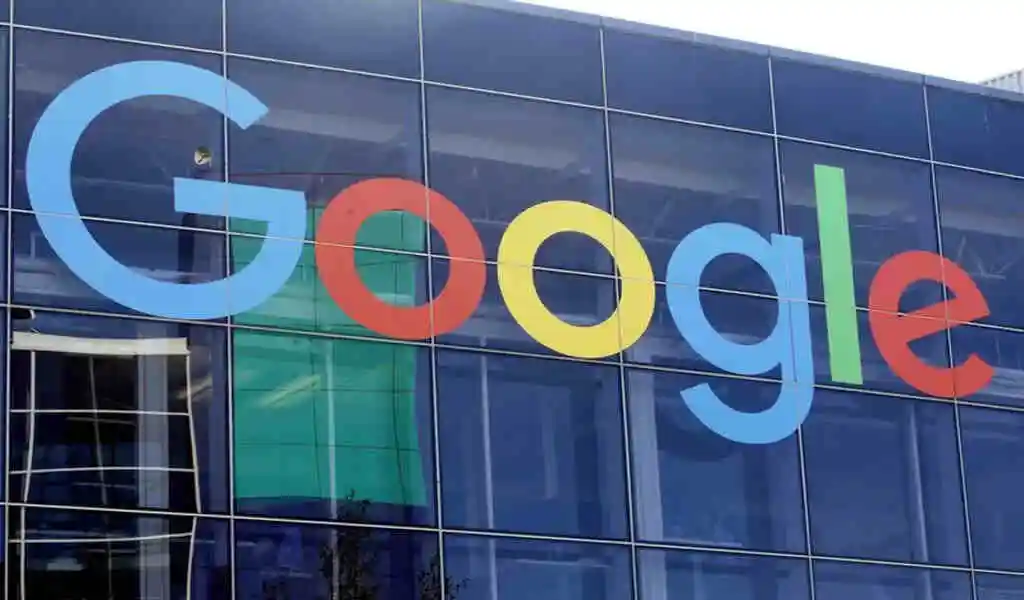Google reached a first-in-the-nation agreement with California lawmakers on Wednesday to subsidize newsrooms in the state and end proposed legislation that would have required technology companies to pay for the right to distribute news content. However, the pact was immediately criticized by journalist unions, who labelled it “disastrous.”
The plan asks for a $250 million contribution from Google and the state over five years, with the bulk going to fund California newsrooms, as well as the development of an artificial intelligence “accelerator” to help journalists do their jobs.
According to the proposed cooperation, Google will donate up to $15 million to a media fund in the first year, while California will commit $30 million. During the next four years, California’s contribution will be reduced to $10 million per year, while Google will contribute at least $20 million to the fund and existing journalism programs.
Google Agrees To First-In-The-Nation Deal To Fund California Newsrooms, But Journalists Are Calling It A Disaster
The agreement kills a high-profile bill known as the California Journalism Preservation Act, which would have required technology companies such as Google (GOOGL) and Meta (META) to pay news organizations to distribute their content online. The initiative, supported by state assemblymember Buffy Wicks, is modeled after similar legislation passed in Australia and Canada. It provides financing to local news organizations whose business models have collapsed due to the rise of giant tech platforms.
“As technology and innovation advance, it is critical that California continues to champion the vital role of journalism in our democracy,” Wicks said in a statement announcing the collaboration with Google. “This alliance demonstrates a cross-sector commitment to supporting a free and thriving press, allowing local news outlets across the state to continue their critical work. This is only the beginning. I remain dedicated to finding new ways to support journalism in our state for many years to come.”
California Gov. Gavin Newsom, who had not publicly weighed in on the bill, praised the deal as “a major breakthrough in ensuring the survival of newsrooms and bolstering local journalism across California — leveraging substantial tech industry resources without imposing new taxes on Californians.”
News publishers have struggled immensely in recent years, losing thousands of jobs and forcing the closure of some venues entirely as advertising budgets and viewers switched away from traditional media.
Ironically, the deal announced Wednesday also promoted a so-called “National AI Innovation Accelerator,” which includes funding for the development of artificial intelligence. Some journalist groups have warned that artificial intelligence poses a threat to the future of their industry and threatens to further erode trust in news reporting.
The agreement was supported by the California News Publishers Association, which represents hundreds of news organizations, Google’s parent company, and OpenAI. However, it was strongly criticized by unions representing the state’s journalists, who had supported Wicks’ measure to subsidize newsrooms but were not included in the agreement.
“The future of journalism should not be decided in backroom deals,” a joint statement from the Media Guild of the West, The NewsGuild-CWA, and others said. “The Legislature tried unsuccessfully to regulate monopolies. We now ask whether the state has done more harm than good. California’s journalists and news workers strongly oppose this terrible arrangement with Google and condemn the news executives who approved it in our name.”
The deal also faced blowback from other Democrats in the California legislature, including state Sen. Steve Glazer, who had proposed a bill to provide tax credits to news outlets employing full-time journalists.
“Despite the good intentions of the parties involved, this proposal does not provide sufficient resources to bring independent news gathering in California out of its death spiral,” Glazer said Wednesday during a press conference. “Google’s offer is completely inadequate and massively short of matching their settlement agreement in Canada in supporting on-the-ground local news reporting.”
California State Senate President Pro Tempore Mike McGuire also criticized the agreement, stating, “Newsrooms have been hollowed out across this state while tech companies have made multibillion-dollar profits. We are concerned that this proposal does not provide adequate money for newspapers and local media or address the industry’s imbalances.
The agreement comes months after Google decided to ban news content in California due to Wicks’ planned rule, prompting a rapid outcry from the state’s press outlets.
Google Agrees To First-In-The-Nation Deal To Fund California Newsrooms, But Journalists Are Calling It A Disaster
The News/Media Alliance, representing US newspapers and online publishers, said it has written to the Department of Justice, the Federal Trade Commission, and the California Attorney General, requesting an investigation into whether Google violated any laws by limiting access to news sites.
Google previously threatened to take similar action in Canada ahead of the country’s new law requiring digital platforms to compensate news publishers for their work but eventually backed down. Under Canada’s Online News Act, Google will pay $74 million per year into a fund that will be dispersed to publishers.
“Google is the biggest source of referral traffic on the internet. When you are conducting journalism on the internet, you have to do business with Google,” Media Guild of the West President Matt Pearce said after Wednesday’s announcement. “The premise of these bills is that if we are going to be dominated by a monopolist whose product we cannot escape, except at enormous cost to our own business, that monopoly needs to pay its fair share for our journalism.”
SOURCE | CNN









